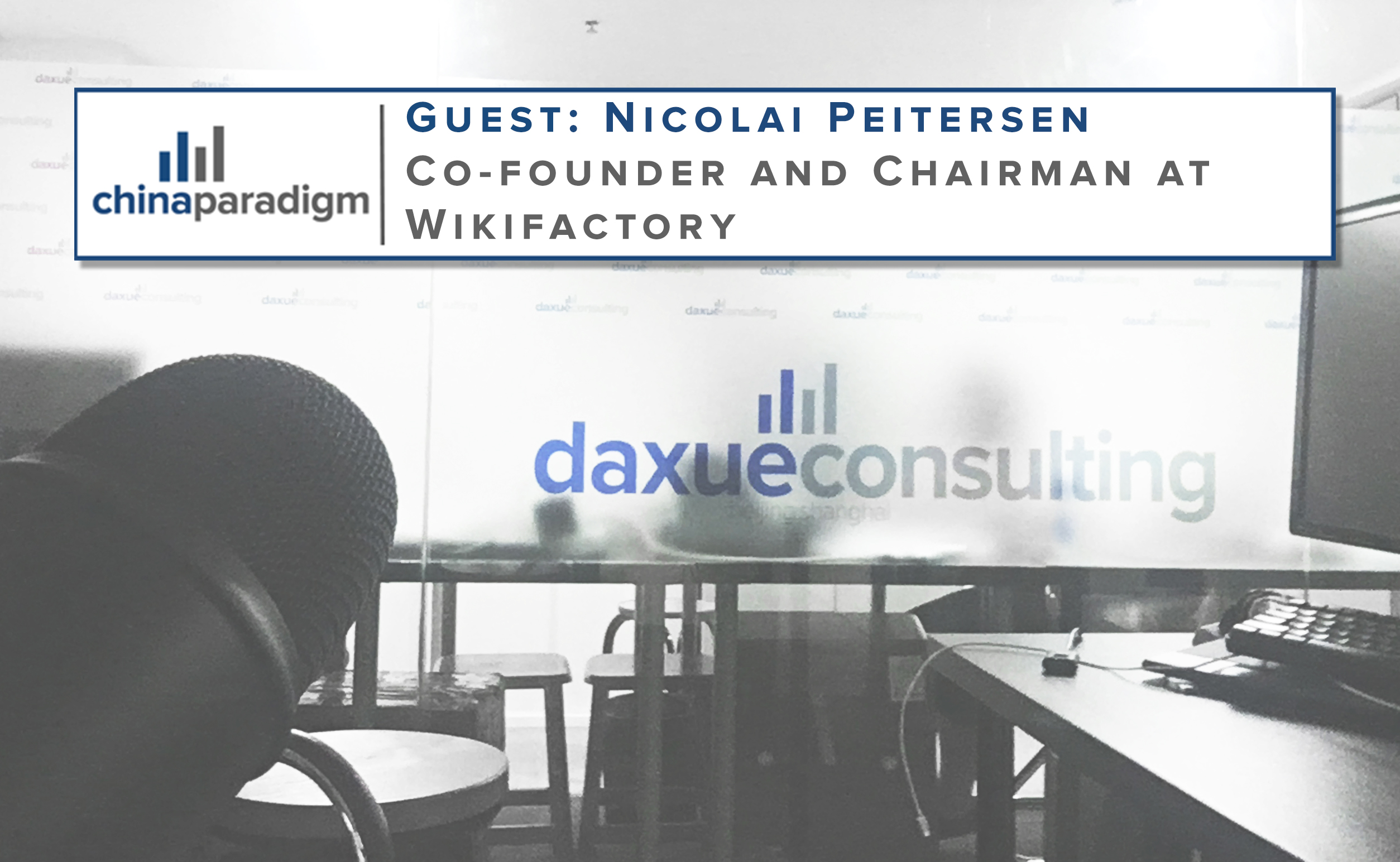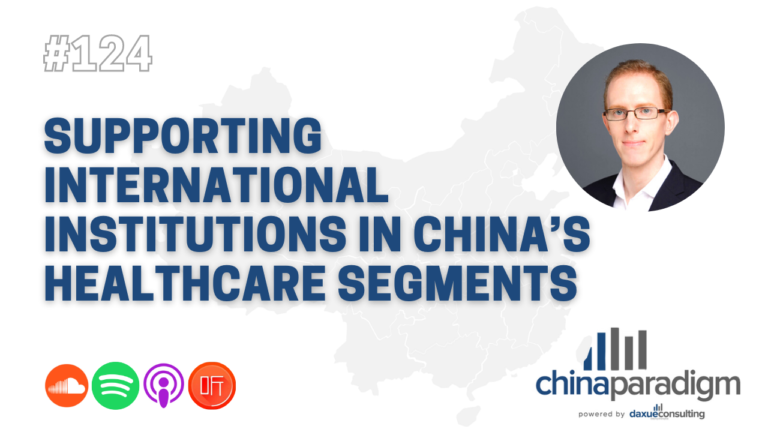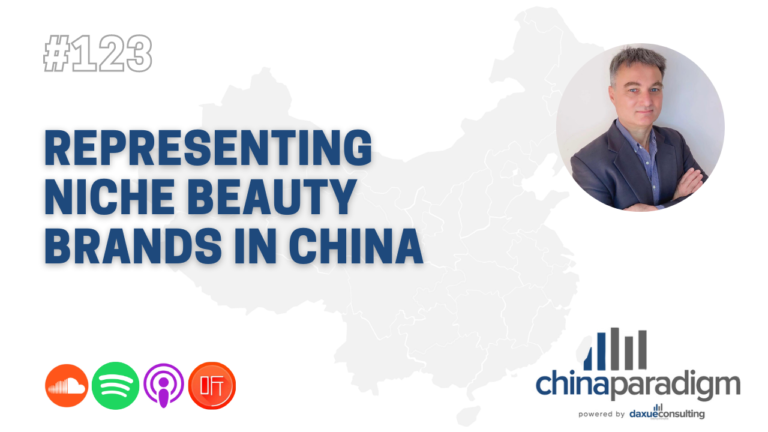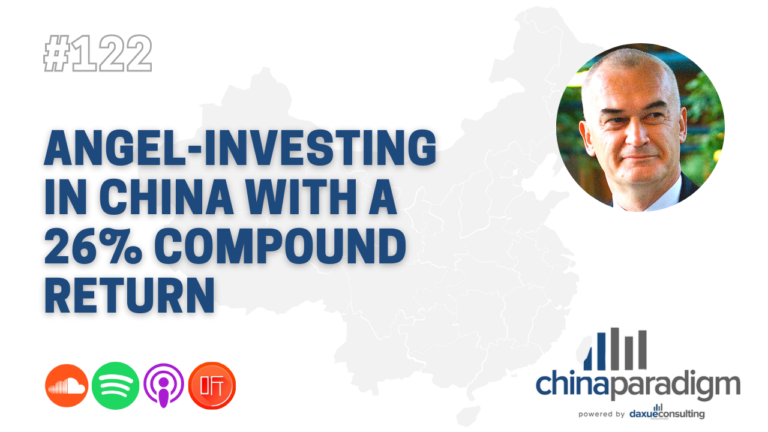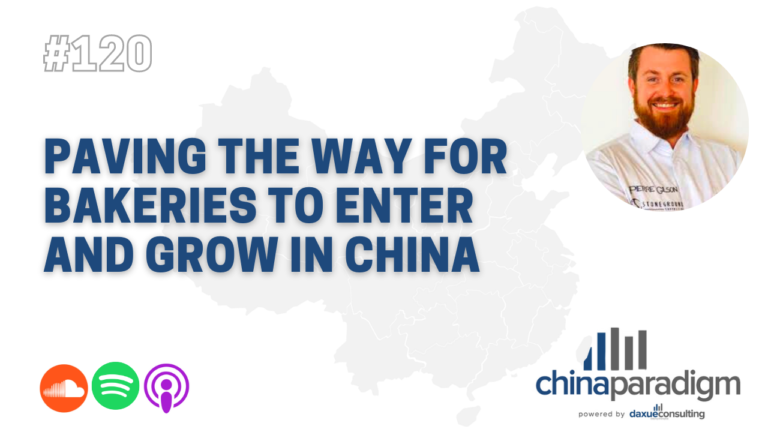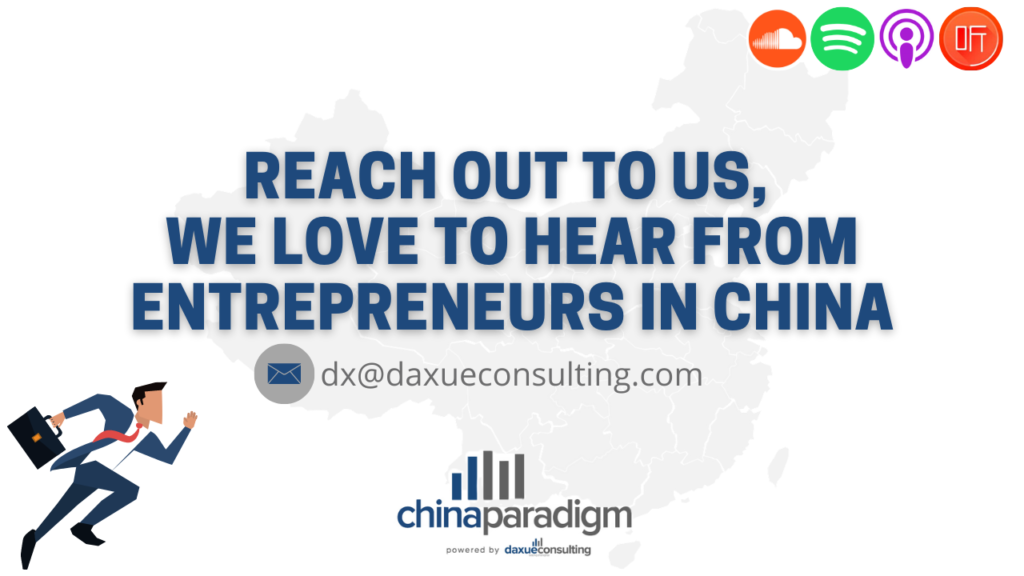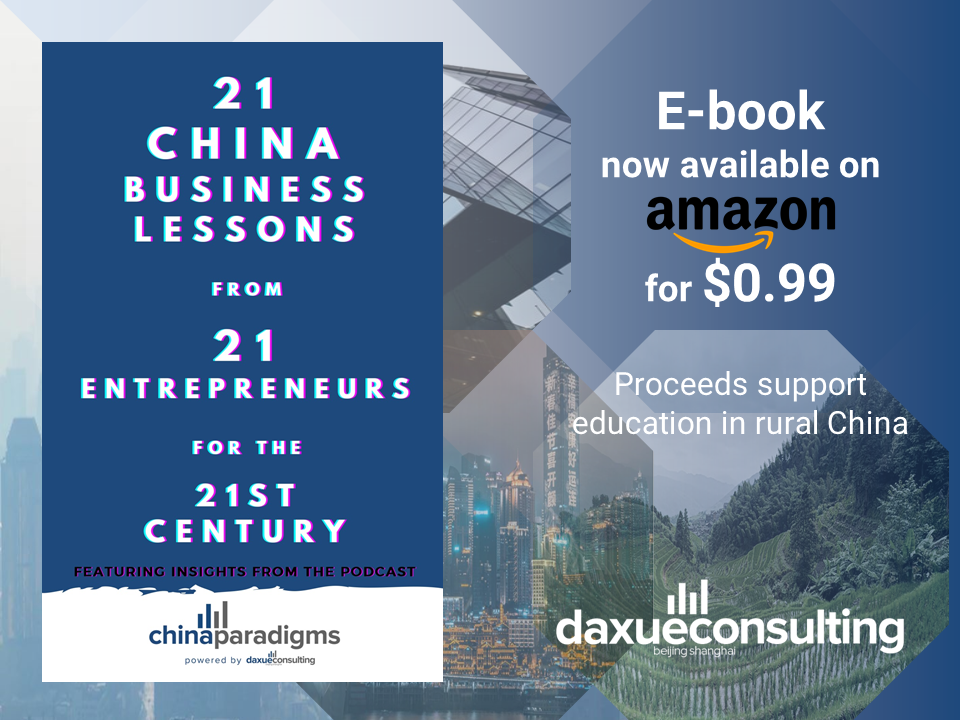China Paradigm interviewed Nicolai Peitersen, the co-founder and executive chairman of Wikifactory, to better understand how he managed to offer a social tool for product developers in the Chinese market and in the whole world, by setting up a collaborative platform for the production industry in China and abroad.
Nicolai Peitersen, from economy to a collaborative platform for the production industry, in China
After a few years of working in the economic field, Nicolai started to have a strong interest in the ethical economy and decided to write a book about it. This very inspiring experience led him to focus more on the ethical economy in China and made his move to China, more exactly in Chengdu, in 2012; where in 2014 he co-founded Wikifactory, a collaborative platform for the production industry in China.
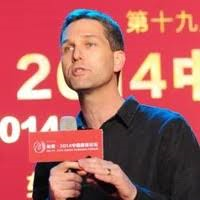
Although Nicolai started to work as a research economist for global organizations, he was definitely more a born entrepreneur, geared towards setting up successful companies and willing to discover the world and better understand society.
His curiosity led him to learn more about social responsibility, sustainability, and finally, the ethical economy. After setting up several ethical and social-oriented companies in Copenhagen and London, Nicolai wrote “The Ethical Economy – Rebuilding Value After the Crisis” where he gives an insight of the new values that are emerging in the current economic model. In order to delve into this subject, Nicolai moved to Chengdu where he had the chance to deeply explore the ethical economy in China.
He finally stayed in China and immersed himself in the production industry where he built-up Wikifactory, a world-leading social tool for product developers in the Chinese market and around the world.
Wikifactory, a collaborative platform for the production industry in China, but not only…
As Matthieu David said at the beginning of the interview, at first glance, “it is not easy to understand what [Wikifactory] do”. Indeed, the purpose and principle of Nicolai’s company
“I know it’s not an easy platform to explain because it’s quite an ambitious one. The production industry is $30-trillion-dollar-market. It’s kind of the backbone of the real economy.”
However, to make a short summary, Wikifactory is a collaborative platform for the production industry in China and all over the world, dedicated to the B2B market, which aims to provide a social tool for product developers in the Chinese market and worldwide.
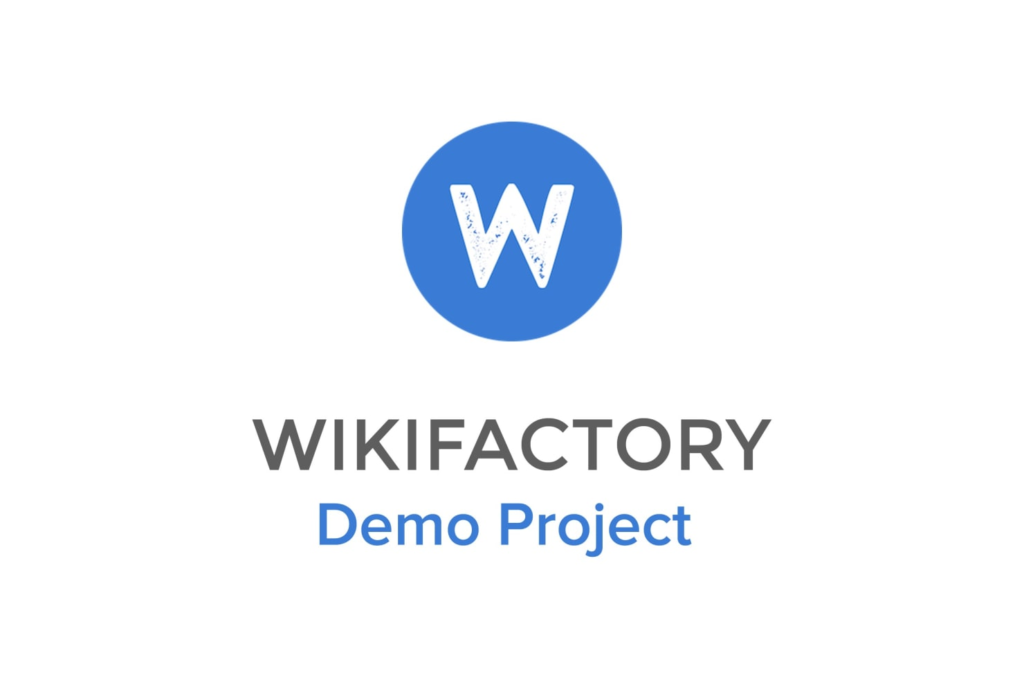
In other words, Wikifactory’s goal is to make product development easier by connecting people having a creative project with professionals from different stages of the development (design creators, engineers, etc.) and make the original idea real.
Production industry: What about the 3D printing industry in China?
During this interview, Matthieu David expected Nicolai to talk more about the 3D printing industry and especially the 3D printing industry in China. Indeed, it is true that during the last few years, we have heard a lot about the 3D printing industry and the disruption that this “new” technology could bring in the production industry. Yet, in 2019, it seems like it didn’t make any major market upheaval.
However, the 3D printing industry in China is currently skyrocketing. With a $1.1 billion spending on 3D printing in 2017 and an exponential annual growth of the 3D printing industry in China, it is now an incontestable leader of this market, according to a Forbes article.
According to Nicolai, this contrast can be explained in the following way:
“Well, it’s because five or seven or eight years ago, it went through this hype where people thought that you could just have a 3D printer at home and then you could just print everything. And now, it’s become much more mature.”
“So, [3D printing industry in China] is becoming a bigger part of the industrial production but not just everyone can do it because it’s not just about pressing a button. You also need to do post-production and other things like that. So, it does happen in the industry, but not on a consumer level.”
Go back on the origins of Nicolai’s story: the ethical economy in China
As mentioned earlier, Nicolai firstly came to China thanks to his work on the ethical economy, in order to have a deeper insight into the ethical economy in China. Without this, maybe Wikifactory would have never appeared?
“I came to China because of the book that I wrote called The Ethical Economy. It originally brought me to China.”
Indeed, Nicolai worked on “how ethics can be taken into consideration to invest or to make an economic decision”. So, we can legitimately ask the question: what about the ethical economy in China?
Basically, the ethical economy is about the three following questions: How is value created?? Who decides what has value/ matters? Is this because what has value (what matters) is different for each person?
According to Nicolai, it is more accurate to talk about what he calls a “general sentiment”. To better explained the ethical economy in China, Nicolai made a very interesting parallel with a quote from Deng Xiaoping:
“So, there’s the famous quote from Deng Xiaoping that he doesn’t care about the color of the cat as long as it catches mice. It means it doesn’t really matter what the system or ideology is as long as you can leave poverty or create jobs or have the actual impact. So that’s why I was invited to China. It was to say, “Okay, maybe this ethical economy model in China can solve some of the issues that we have in China—all the environmental issues, the social issues, etc. It’s about all the other values than pure GDP growth. So, it’s a system that can balance these things in a different way. So that was why they found interest in it.”
Listen to this episode here:

